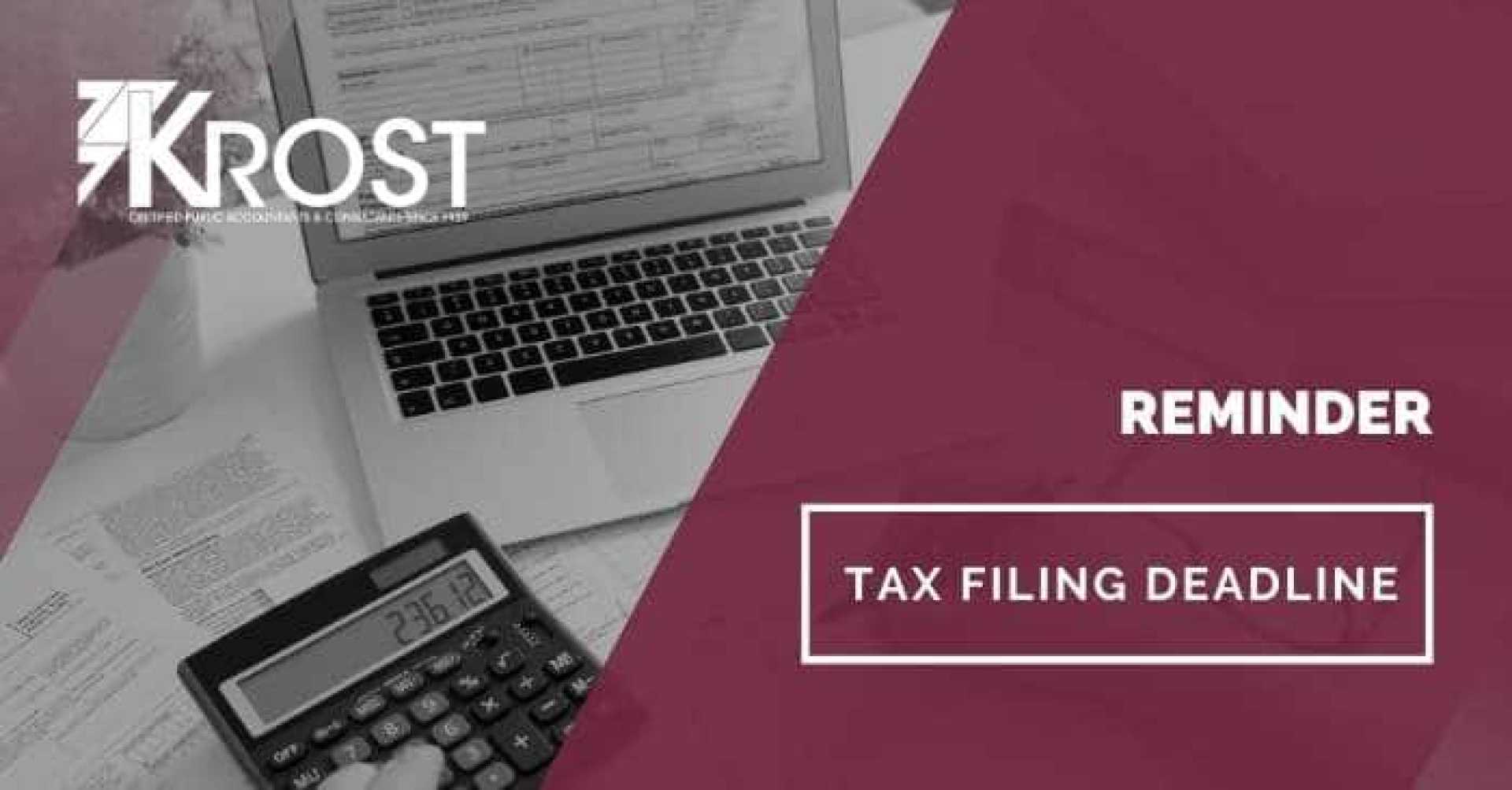News
IRS Urges Swift Action as Tax Day Approaches Fast

WASHINGTON, D.C. — With Tax Day looming on April 15, the Internal Revenue Service (IRS) is urging American taxpayers to file their tax returns and pay what they owe to avoid penalties and interest. The IRS has reminded citizens to act now as only days remain for filing or requesting an extension.
This year, the IRS projects more than 140 million individual tax returns will be filed for the 2024 tax year. However, as of last week, the agency reported nearly 1 million fewer returns filed compared to the same period last year, raising concerns amid staffing cuts within the Department of Government Efficiency (DOGE).
“Even with limited time, taxpayers can still file electronically and request direct deposit for their refunds,” an IRS spokesperson stated. Filers who submit their returns electronically often receive their refunds within 21 days, thanks to a system that detects common errors.
The IRS offers several resources to simplify the filing process. Eligible taxpayers in 25 states can use the IRS Direct File to file their 2024 federal tax returns online at no cost. Additionally, those with an adjusted gross income of $84,000 or less can access guided tax software through the IRS Free File program until October 15.
“It’s crucial for taxpayers to be proactive. If you know you can’t file by April 15, you should apply for a tax extension,” said Nakiea S. Cook, an accountant. Although an extension provides an additional six months to file, it does not grant extra time to make payments. Taxpayers must still settle any outstanding taxes by the April deadline to avoid penalties.
The IRS indicates that payment plans are available for those who cannot pay their tax debts. Taxpayers facing hardship should make at least a partial payment and apply online for a manageable plan. “Using the online system allows for immediate approval status, eliminating the need to wait for paperwork,” Cook added.
For taxpayers requiring an extension, either electronic submission or mailing Form 4868 to the IRS is acceptable, but the request must be made by the April 15 deadline. This extension, however, does not defer the payment of owed taxes. Late payments incur significant penalties—up to 25% of the owed amount over time.
For those in federally declared disaster areas, the IRS has extended deadlines due to severe weather. Victims of California’s wildfires, for instance, now have until October 15 to file returns and pay any owed federal taxes.
Tax season has been challenging for many, compounded by a reduction in the number of returns filed early this year. By the end of March, approximately 1.6 million returns had been filed, which is only down 0.8% from the previous year.
As of now, the IRS has issued over 61 million refunds totaling more than $195 billion for this tax season, with the average refund being nearly $884. It takes the IRS about four weeks to process paper returns, while electronically filed returns can be updated within 24 hours.
In preparation for the looming deadline, taxpayers should ensure all necessary documents, such as W-2s or 1099s, are organized to avoid last-minute issues. “Gathering and verifying tax-related documents is essential,” advised Mark Steber, chief tax officer at Jackson Hewitt Tax Services.
Moreover, taxpayers should take precautions against scams, especially during tax season. The IRS has advised individuals to verify any unsolicited communications to prevent falling prey to fraud. “Always confirm the legitimacy of calls or emails claiming to be from tax agencies,” an IRS representative warned.
As the clock ticks down to Tax Day, taking swift action may help alleviate the last-minute stress that many experience this tax season.












